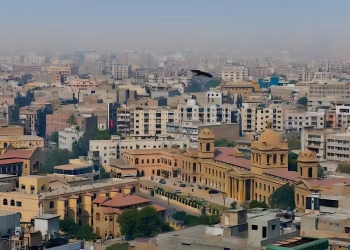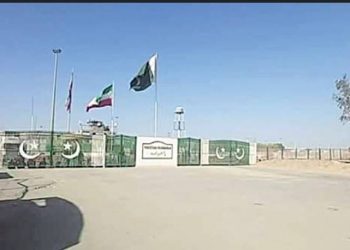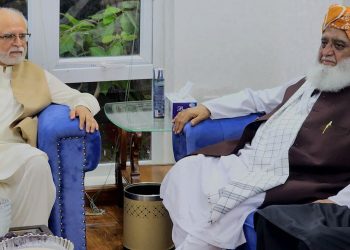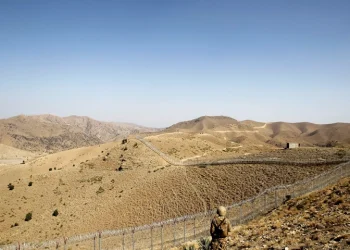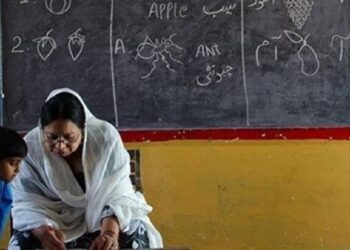Eid al-Adha, the festival of sacrifice, is one of the most important religious occasions for Muslims around the world. It honours the Prophet Ibrahim’s readiness to offer his son Ismail (AS) as a sacrifice in deference to God. Muslims who can afford it slaughter an animal, usually a sheep, goat, cow or camel, and distribute its meat among family, friends and the poor.
Due to the skyrocketing costs of sacrificed animals this year, many Pakistanis across the country are finding it challenging to meet this holy obligation. Numerous reports claim that the cost of sacrificial animals has jumped by 50% to 100% in comparison to the previous year, making them unaffordable for many people with low and intermediate incomes.
There are several factors behind this price hike, such as inflation, transportation costs, shortage of supply, high demand and lack of price regulation. The COVID-19 pandemic has also affected the livestock sector and reduced the income of many people who would otherwise buy or sell animals for Eid al-Adha.
Some people have chosen alternate forms of qurbani, such as making an internet purchase, offering a group sacrifice, or making a charitable donation. However, not everyone has access to or prefers these options. Many people still prefer to purchase the animals from actual marketplaces and carry out the ceremony on their own.
The government should take action to prevent profiteering or merchant exploitation and to guarantee that sacrificed animals are offered at fair rates. Moreover, the government has to improve animal transportation, animal hygiene, and security at cattle markets. This will make things easier for the consumers and allow them to joyfully and reverently observe Eid al-Adha.










